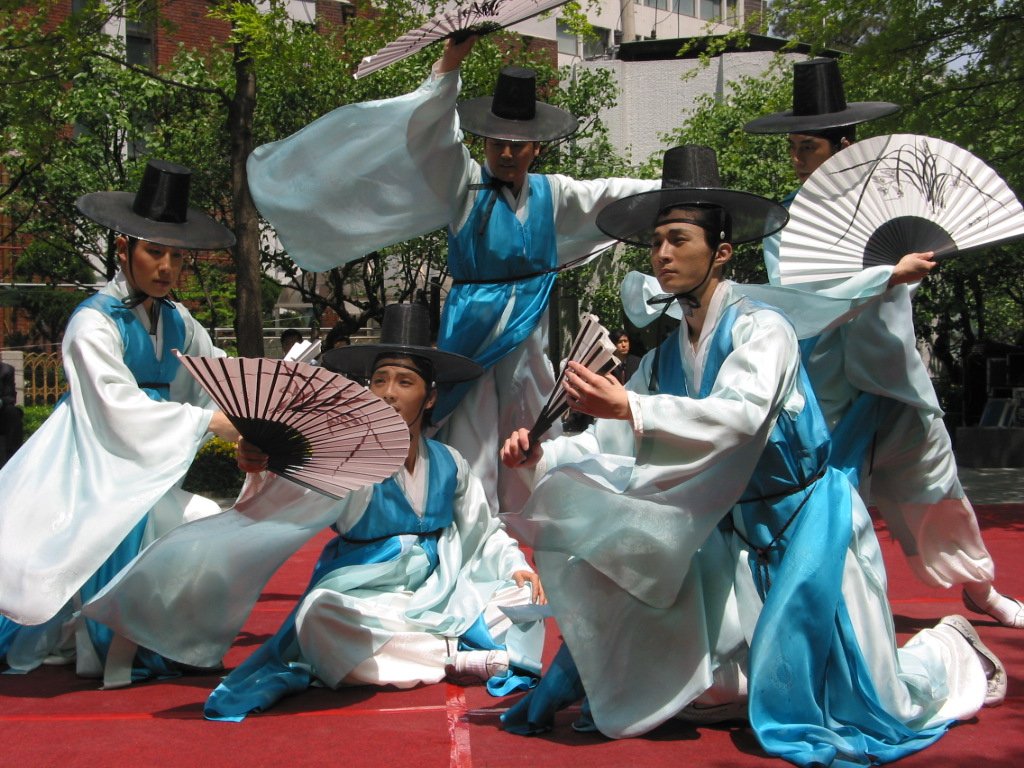

LAST year we explained why Apple should care about software patents and work against them rather than leverage them against rivals. VirnetX has once again won a legal case against Apple, relying on questionable USPTO patents. The lawyers have just issued a press release about the ruling, which was covered in many hundreds of sites last week. We mentioned the latest ruling as well.
Apple has acquired a portfolio of 27 US patents from Korean smartphone maker Pantech, according to assignment records filed with the USPTO. The transfer follows the iPhone manufacturer’s purchase last summer of a package of 11 patents from Korean NPE Goldpeak — assets which were originally owned by Pantech. The latest portfolio appears to be largely focused on wireless technology and all of the grants have been made since 2012. Pantech is a Korean smartphone maker which has struggled in recent years as its local rivals LG and Samsung have thrived in the handset sector.
The fingerprint authentication methods featured in some of Samsung’s phones contain software that infringes patents owned by a data encryption firm, according to a claim filed earlier this month.
PACid Technologies filed the infringement complaint at the US District Court for the Eastern District of Texas, Marshall Division, on April 6.
Data encryption research firm PACid owns patents which form a crucial part of the encryption specification necessary to secure a wireless local area network which provides the basis for Wi-Fi, according to the company.
There is a story going around in the Korean, Chinese and English-speaking media suggesting that Samsung Electronics faces a $2.8 billion patent infringement claim related to biometric technologies from US company PACid. This looks like a possible case of media mis-reporting. More interestingly, Samsung is facing down another challenge also based on its touch-to-unlock feature, this one from what looks like a new Korean NPE. First, in a case that has generated headlines for what is allegedly an eye-watering damages claim, Samsung Electronics is facing a lawsuit from PACid alleging infringement of two US patents related to user authentication.
On Friday, United States District Judge William Orrick ordered Huawei not to enforce the two SEP injunctions it was granted against Samsung in the Chinese city of Shenzhen until his court has had its say on the same issues. The decision has dealt a major blow to Huawei’s efforts to bring Samsung to the negotiating table through quick wins in Chinese courts. The two parties have reportedly been negotiating a cross-licence since 2011, but it was Huawei that struck the first blow in court, filing infringement and FRAND actions in both Chinese and US venues in May 2016.
Friday the 13th wasn't Huawei's lucky day, but it went well for Samsung: in accordance with an inclination he expressed at a recent motion hearing, Judge William H. Orrick of the United States District Court for the Northern District of California decided to enjoin Huawei from enforcing two Chinese standard-essential patent (SEP) injunctions against Samsung until a breach-of-contract question has been adjudicated in the U.S., where a trial is scheduled for December...
[...]
As you might imagine, I'm proud of having accurately predicted the decision (based on the motion and Ninth Circuit precedent). I'm now predicting affirmance by the Ninth Circuit. For a final "See I Told You So," I'd like to note that last month the Federal Circuit completely vindicated my longstanding "fair use is a fairy tale" position on Oracle v. Google. I'm not going to talk about the merits here anymore. I wrote so much about it from 2010 to 2016 that there's no point in reiterating and rehashing all of that old stuff. All sorts of people who bashed me in earlier years were simply wrong: I didn't take those positions for any other reasons than wholeheartedly believing in them, and those positions can't have been as unreasonable as my detractors alleged. Otherwise, a Federal Circuit panel wouldn't have supported my positions unanimously in two separate decisions. That said, should Google file a petition for writ of certiorari (request for Supreme Court review), which is a given absent a settlement, I'd really like the top U.S. court to provide definitive clarity on some key software copyright issues. I'd hope for affirmance there as well, but I really believe the issues are important enough for the software industry at large that cert would be warranted.